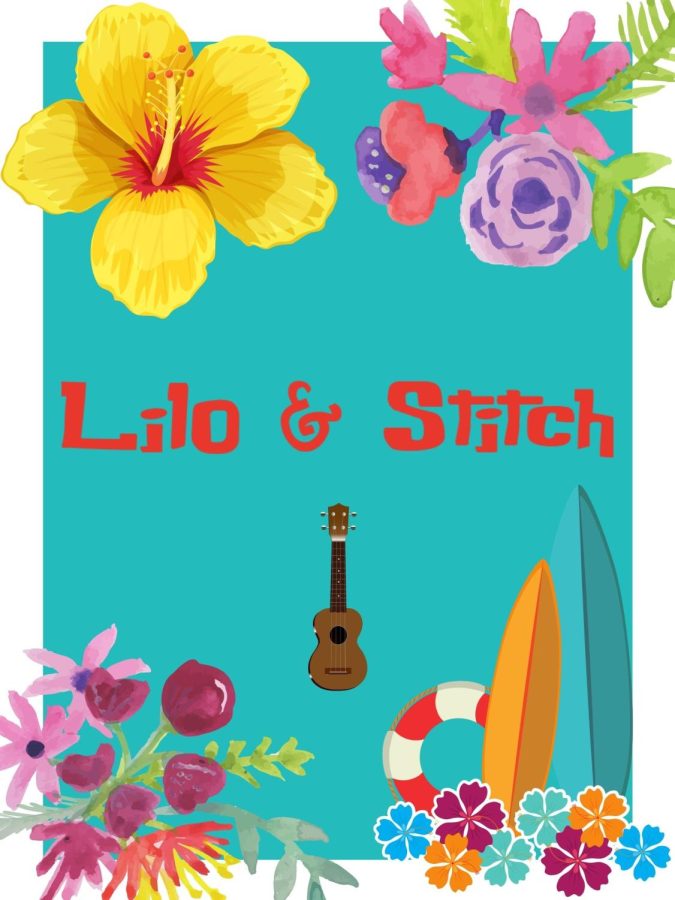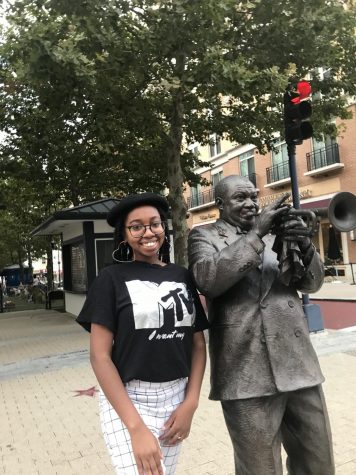Before fans met Pacific Islander princess Moana in 2016, Disney’s presentation of a Hawaiian cultural revolution came in 2002 with “Lilo and Stitch.”
This year marks 20 years of viewers getting a front-row seat to the life of beloved Stitch, frazzled Nani and independent Lilo. It was the first time younger audiences learned Hawaiian colloquialisms, Elvis Presley songs and how extraterrestrials deserve love too.
However, the film’s soundtrack really has a mind of its own. Sometimes, this results in something outstanding, but in this case, outstanding isn’t the word to use.
If time travel existed and legendary composer Alan Silvestri could produce sensational scores for films like the “Back to the Future” series, “Forrest Gump” and “The Polar Express,” he should take the opportunity to pursue a redo for “Lilo and Stitch.” This may be a bold take but the overall soundtrack doesn’t match the essence of the film and raises more questions than anything.
The fun, celebratory and colorful “Hawaiian Rollercoaster Ride” featuring the Kamehameha School Children’s Choir led by Mark Keali’i Ho’omalu opens the story of “Lilo and Stitch,” leading viewers to believe the rest of the film’s musical voyage would be aligned with this rich Hawaiian dialogue and pride. Folks are sadly mistaken as they only hear from Ho’omalu and the choir again in the lush, modern “He Mele No Lilo.”
Perhaps the most obvious and arguably perplexing aspect of the 12-song soundtrack are the five Presley songs (seven including two additional songs performed by other artists) playing throughout the film.
While Lilo has a humorous infatuation with the King of Rock ‘n’ Roll, calling him the “face of romance” and domesticating Stitch to perform just like Presley to turn his chaos into charm, it has nothing to do with the film’s premise.
Presley classics like “Hound Dog,” “Stuck On You,” “Suspicious Minds,” “Heartbreak Hotel” and “Devil In Disguise” need no introduction and never hurt anyone, nor are they songs arguably bound to the “Lilo and Stitch” brand, as they were popular tracks decades prior to the film’s release. Yet, they take up unnecessary space that completely overshadows the Hawaiian cultural masterpiece this soundtrack could be.
Presley did not identify as Hawaiian, so the addition of his songs to the soundtrack truthfully fuels the white American entertainment experience, which Disney has historically done long before realizing within the last 20 years they needed to broaden their horizons in terms of the characters they created and stories they told.
In terms of viewer impact, it may sway people toward or away from listening to more of Presley’s discography. This may be the first time children are hearing these songs and it is an excellent introduction to some of the King of Rock ‘n’ Roll’s greatest hits, but his songs accounting for nearly 60% of the soundtrack detracts from its ability to support the film’s strong cultural elements.
Wyonna’s “Burning Love” cover adds a powerful rock‘n’roll femininity that can parallel with Nani, and her perseverant balance between sister and guardian (or lack thereof) throughout the film. Conversely, A*Teen’s “Can’t Help Falling In Love” cover reflected the early 2000s digital signature, but it should not have made the final cut – for the soundtrack and certainly not for public release.
The remainder of the soundtrack consists of more appropriate musical selections. Silvestri’s original compositions give life to the film’s cynical moments (“I’m Lost”) and action-packed scenes (“Stitch to the Rescue”), possessing a deep woodwind presence and striking a nostalgic intersection with the majestic strings (“You Can Never Belong”).
There’s no doubt Silvestri knows how to make music that creates a craving for more, so where is more? The soundtrack clocks in at around 40 minutes, which is unusual for a Disney film as iconic as “Lilo and Stitch.” There was room for additional original compositions, so what happened? Did he think Presley’s voice for more than half of the soundtrack would suffice? Obviously. Was it the most brilliant idea in the book? Not in the slightest.
The soundtrack doesn’t make the film bad, but it also doesn’t make it great. As an overall collection, it’s nothing special.
One could argue its special factor is having a bigger Presley presence than any other Disney film soundtrack, and maybe that’s a good thing, maybe it’s not.
Or maybe someone should work on making a time travel machine specifically for Silvestri to reevaluate some of his musical choices to provide the film with a worthy soundtrack.










